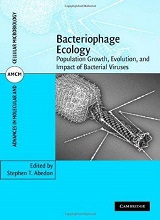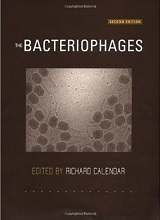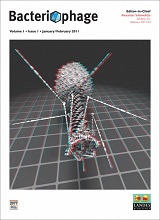

A phage infection that ends with both bacterial and phage death.
CAUTION: POTENTIALLY AMBIGUOUS TERM
Many authors define abortive infection more loosely as phage-host combinations that are both bactericidal and in which phage efficiency of plating is low. Since phage efficiency of plating can be low for reasons other than phage inviability, this operational definition does not exclude bactericidal phage infections that produce phages but at rates that are too low to lead to the formation of plaques. Phage exclusion is sometimes used as a synonym.
Additional categories of infection to consider are productive, reductive, lytic, obligately lytic, professionally lytic, chronic, restrictive, lysogenic, and pseudolysogenic. One can also speak of obligately chronic, obligately productive, "destructive" (to the phage), or displaying a reduced infection vigor. Abortive infections, strictly defined, are destructive but, less strictly defined, instead can be said to display a reduced infection vigor.
This is the definition from Adams (1959), p. 439: "Infection accompanied by loss of the infecting phage particle and often death of the bacterium but not yielding a phage progeny under normally sufficient conditions. Infection is abortive because of unusual conditions prevailing before, at the time of, or shortly after infection." Lwoff (1953), p. 328, provides a similar definition: "Infection followed neither by lysogenization nor by phage production. The infecting material is not reproduced. A bacterium may or may not survive an abortive infection."
For more on this topic, see Wikipedia, Google, and PubMed. Contact web master. Return to terms.











